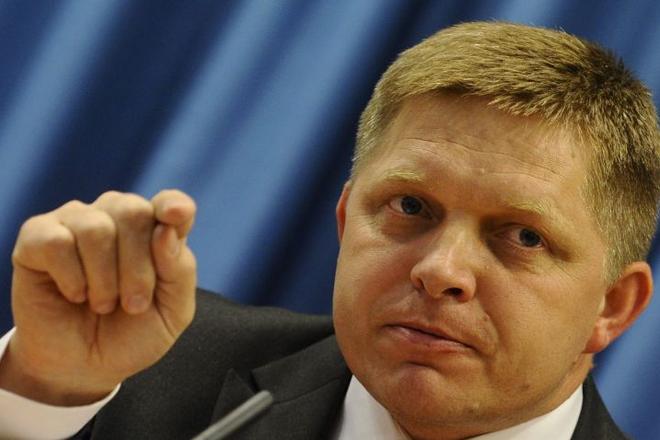A RECENT poll on political party preferences among the Slovak electorate will make at least one party a bit nervous whereas another party might feel slightly more secure on the national stage. However, the survey taken by the Focus agency in September might be of nervous concern to Smer only if this strongest political party in Slovakia ignores an earlier poll showing its preference among voters to still be standing firmly over 40 percent, as in its best times.
While remaining the strongest party, Smer, the senior ruling coalition member saw its preference among voters drop to 35.3 percent in the Focus survey conducted in September compared to its 46.9 percent support logged in January 2009. But another poll, conducted by the Median agency among 1,155 respondents in August showed Smer keeping the support of 45.1 percent of the voters, compared to 46.7 percent in January.
The Focus poll included 1,039 respondents and the Slovak Democratic and Christian Union (SDKÚ) party finished second, preferred by 13.4 percent of those polled, followed closely by the Christian Democratic Movement (KDH) with 11.2 percent.
The Slovak National Party (SNS), a junior coalition member, would reach parliament as it was favoured by 8.6 percent of those polled, followed by the Hungarian Coalition Party (SMK) with 6.2
percent support. Though with a slim margin, the other junior ruling coalition member, the Movement for a Democratic Slovakia (HZDS), would send a few deputies to the new parliament, gaining the support of 6.1 percent of the respondents.
The Median poll from August reported that SDKÚ would have the support of 16 percent of those polled if elections had been held in that month in contrast with SDKÚ’s 13.3 percent support level in January. The SNS followed in the Median poll with 10 percent and the KDH with 9.5 percent. HZDS came out a little better in the Median poll, with 7.2 percent, followed by SMKwith 6.6 percent.
However, the more recent Focus poll brought the best news for the recently established Most-Híd party, the new political offspring of Béla Bugár which, according to the poll, would draw support from 5.8 percent of the electorate and would surpass the 5 percent threshold for entering parliament had elections been held in early September. The earlier Median poll showed Most-Híd to have just 3 percent support in August.
Of all the respondents in the Focus poll, 65.8 percent said they would vote while 16.3 percent said they would not go to the trouble to do so. Another 17.9 percent said they were undecided as to who would get their vote.
Both Fico’s Smer party and Bugár’s Most-Híd party should have the most interesting reading from the Focus poll results.
Most-Híd is quickly catching up with SMK and, according to the Sme daily, it seems to be picking up voter support not only from among Pál Csáky’s SMK party, which dropped from its previous 9 percent to 6.2 percent, but also from the SDKÚ.
Still, the most discussed finding, from either poll is the rather sharp slump recorded by Smer in the most recent Focus poll.
“If, at the beginning, the crisis and its consequences most impacted the preferences for Smer, now the [ruffled] situation within the ruling coalition is adding to that factor,” said Martin Slosiarik, an analyst with Focus, as quoted by Sme.
Recently, the prime minister barred his coalition partner, the SNS, from nominating any new persons to head the Environment Ministry after a series of scandals which led to the sacking or resignation of three SNSnominated ministers.



 PM Robert Fico. Is his party's popularity falling? (source: TASR)
PM Robert Fico. Is his party's popularity falling? (source: TASR)